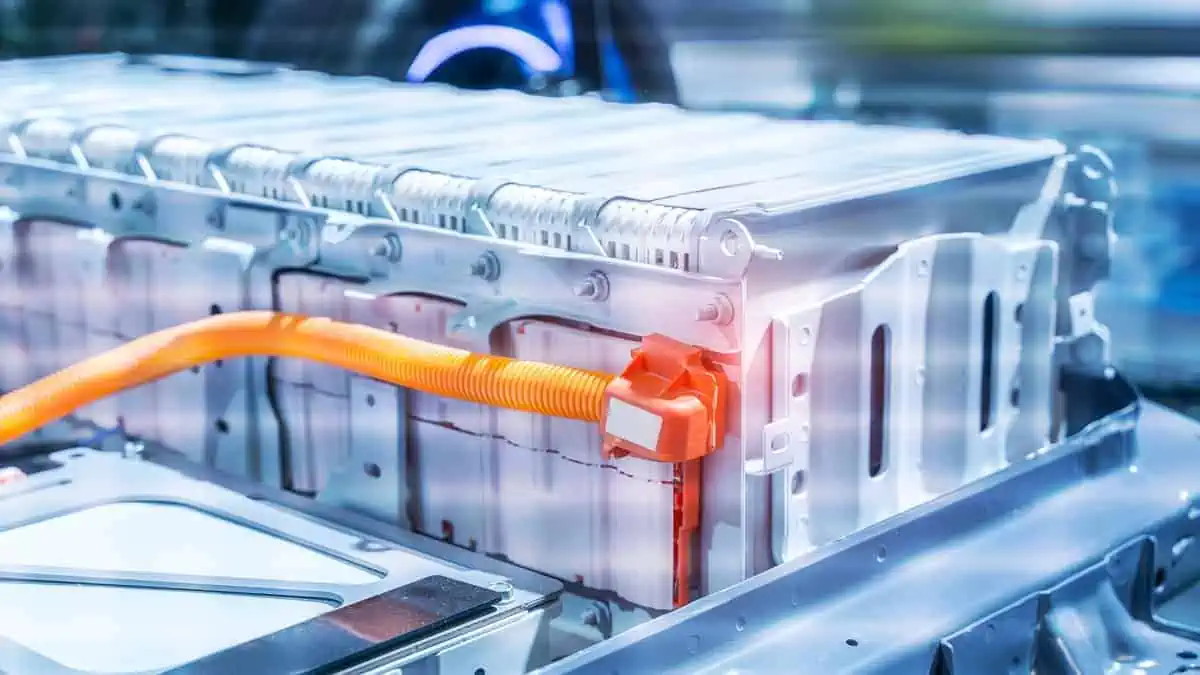China-owned automaker SAIC Motor has just announced plans to tap solid-state battery startup QingTao Energy Development for a potential battery joint venture in the country, local publication CarNewsChina.com reported.
Objective
SAIC’s primary objective is to produce its own solid-state batteries to support advancing its electric vehicle technology.
To do that, it must partner with a battery company with expertise in the said chemistry, like QingTao.
The JV aims to develop more affordable and advanced solid-state batteries. The companies would source cost-effective raw materials and cutting-edge technologies without compromising safety.
More specifically, the JV will mass-produce solid-state batteries that offer a range of 1,000+ km. It would also support a 4C fast-charging system. In addition, it will have high safety and a long life span.
In hindsight, the two EV players initially inked a capital increase and strategic partnership framework deal on May 31. They aim to equip 100,000 SAIC EVs with the next-gen solid-state batteries by 2025.
On the same day, QingTao announced that the lab already finished the testing phase of the first solid-state batteries in prototypes.
The innovative battery reached a 368 Wh/kg energy density and a 1,083 km driving range. In addition, the battery offers 100% higher energy density that LFP-based batteries.
Shareholding system
SAIC disclosed that the joint venture will initially have RMB 1 billion ($137 million) registered capital. Of that total, QingTao will provide RMB 510 million. In return, it will own a 51% stake in the battery JV.
Meanwhile, SAIC will allocate RMB 490 million to gain a 49% stake.
CnEVPost noted that the companies’ decision to employ this kind of shareholding system is already a common strategy in forming a battery joint venture with automakers.
For instance, power battery giant CATL usually takes a 51% stake in most of its partnerships with global automakers.
Long-standing collaborations
SAIC has been funding QingTao from 2020 through 2023 as the Chinese automaker seeks to introduce solid-state batteries to its EV models.
SAIC’s investment in QingTao has already reached a total of approximately RMB 2.98 billion since 2020. In return, it gained a 15.29% indirect stake in the battery startup.
The two companies have also formed a joint laboratory for solid-state battery development on July 2, 2022.
As mentioned, the laboratory has finally completed testing the JV’s solid-state battery on May 31, 2023.
See Also:
- China’s Jiangxi Judian begins solid-state battery factory development
- China’s WeLion already ahead of Toyota in the 1,000km solid-state battery race
- ProLogium Technology’s solid-state battery project secures €1.5 billion from the EU
- Samsung SDI plans to begin mass production of solid-state batteries by 2027
- NIO to equip its EVs with 150 kWh solid-state batteries
Equipping solid-state batteries to SAIC EV models can significantly boost the automaker’s sales and delivery figures once it starts mass production by 2025. It will also enable QingTao to solidify its presence in the domestic market and potentially cath up with industry leaders CATL and BYD.






